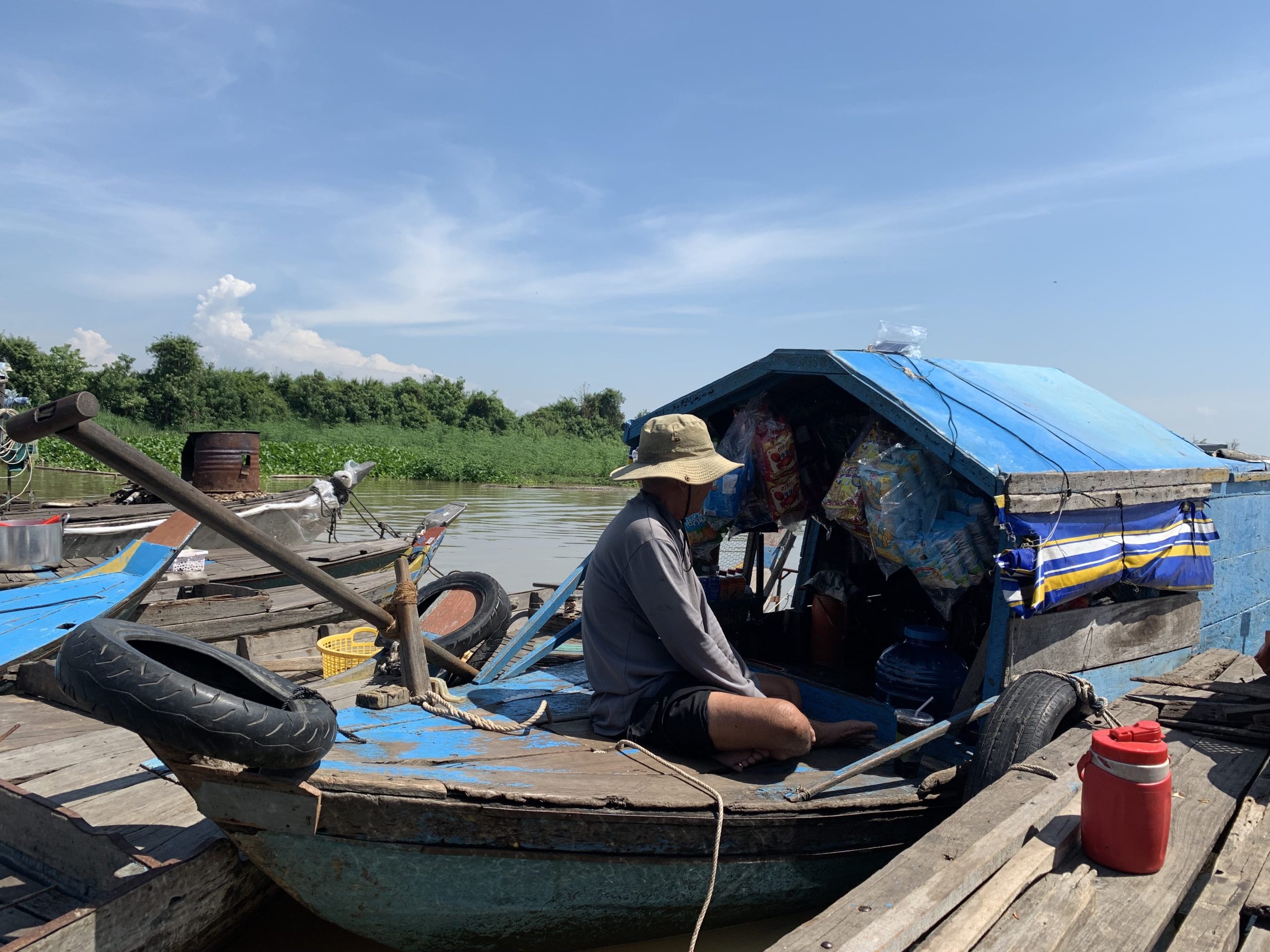1. Citizenship Law
a. Jus Sanguinis Provisions
The citizenship laws of New Zealand operate broadly through jus sanguinis structures. However, there is variance in treatment of children born in and outside of the territory of New Zealand. Children born to citizens of New Zealand in New Zealand are considered citizens at birth. Citizens at birth are able to confer their nationality to their children, even if their child is born outside of the territory of New Zealand. However, children born outside of New Zealand are considered citizens by descent and can only acquire citizenship of New Zealand if their parents are citizens by birth. Children born in the territory who would otherwise be stateless will also be granted citizenship automatically. The citizenship law of New Zealand does contain a safeguard for children born outside of New Zealand to citizens by descent who would otherwise be stateless. Newborn foundlings are provided citizenship by birth in New Zealand if investigations fail to find one of the child’s parents. The Minister of Internal Affairs may further grant citizenship to anyone in the territory who would otherwise be stateless. No definition of statelessness is included in the citizenship law of New Zealand, and there is no specific statelessness determination procedure.
b. Naturalized Citizenship
There is a process for naturalization available for those who meet the eligibility requirements, which include being 16 years of age, able to legally reside in New Zealand indefinitely as per the Immigration Act (2009), have 5 years of continuous residence prior to application, have good character, have knowledge of English language and intention to continue to reside in New Zealand. There is no simplified or expedited procedure available for stateless persons. In many cases, stateless persons are unlikely to be eligible for this application due to the requirement of being able to indefinitely legally reside in New Zealand as per the Immigration Act (2009).
c. Dual Citizenship
Dual citizenship is permitted in New Zealand. There are no provisions in New Zealand’s national
legislation which disallow dual or multiple citizenship.
2. Treaty Ratification Status
New Zealand has high rates of treaty ratification, being one of only three countries in the Pacific and one of five in the entire Asia Pacific to have ratified the 1961 Statelessness Convention. A 2013 review of the citizenship laws of New Zealand by UNHCR found that they align with the State’s obligations under the 1961 Convention. The only relevant treaty body not yet ratified by New Zealand is the 1954 Convention relating to the Status of Stateless Persons. New Zealand has made no relevant reservations on the treaties it has ratified. In New Zealand’s 2019 UPR submission, it was recommended that the country accede to the 1954 Convention as well as fully implement the 1961 Convention. New Zealand was also recommended to ensure that mapping studies and data collection on statelessness be publicly available and that the right to nationality is ensured for those who would otherwise be stateless in the country.
By ratifying the CRC, New Zealand is obligated to ensure that no child is left stateless in its territory. However, the lack of provisions safeguarding foundlings who are older than newborn but are not yet able to communicate information about their parents places them at risk of statelessness.
| Country | Stateless 1 | Stateless 2 | Refugee | ICCPR | ICESCR | ICERD | CRC | CEDAW |
|---|---|---|---|---|---|---|---|---|
| New Zealand |



